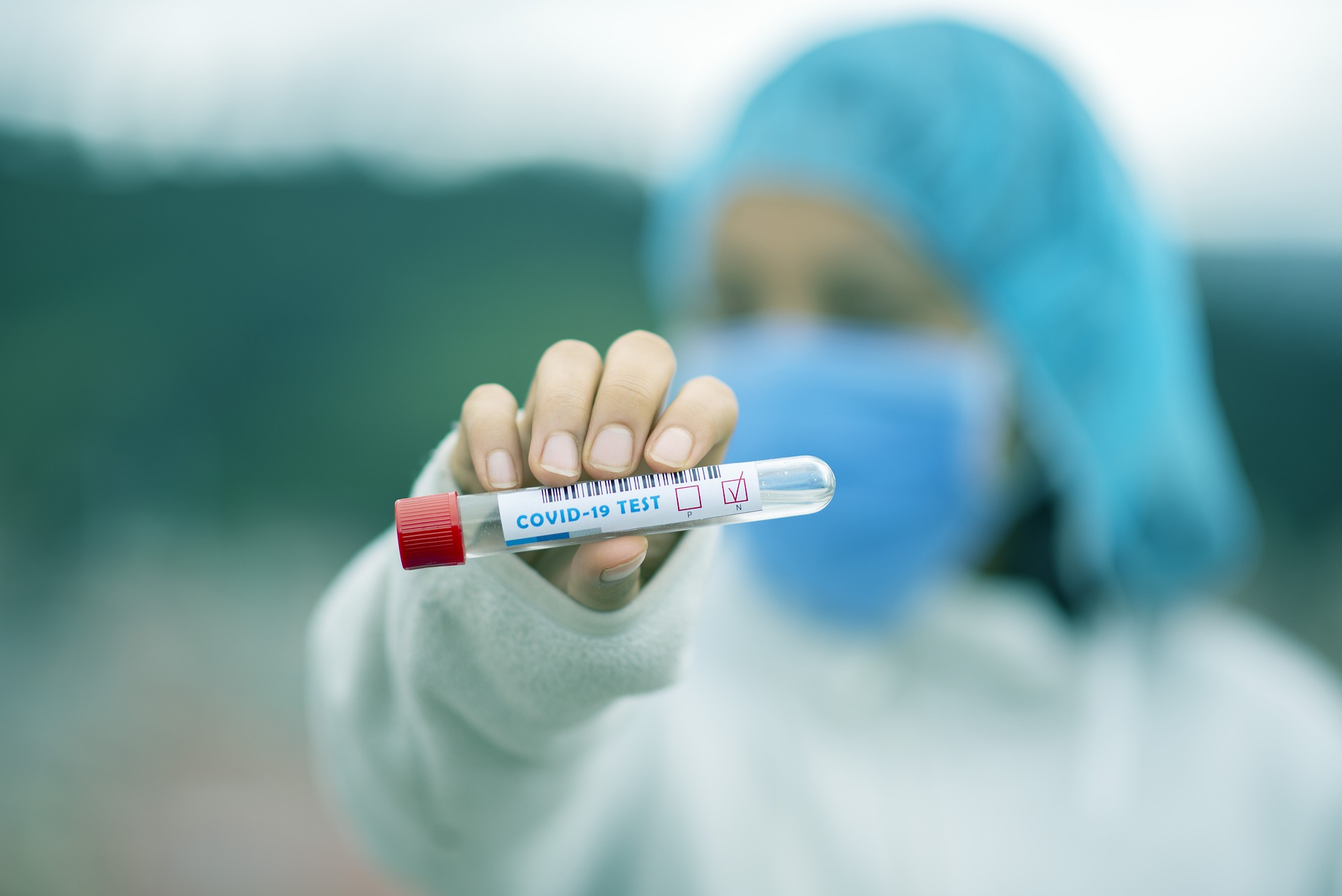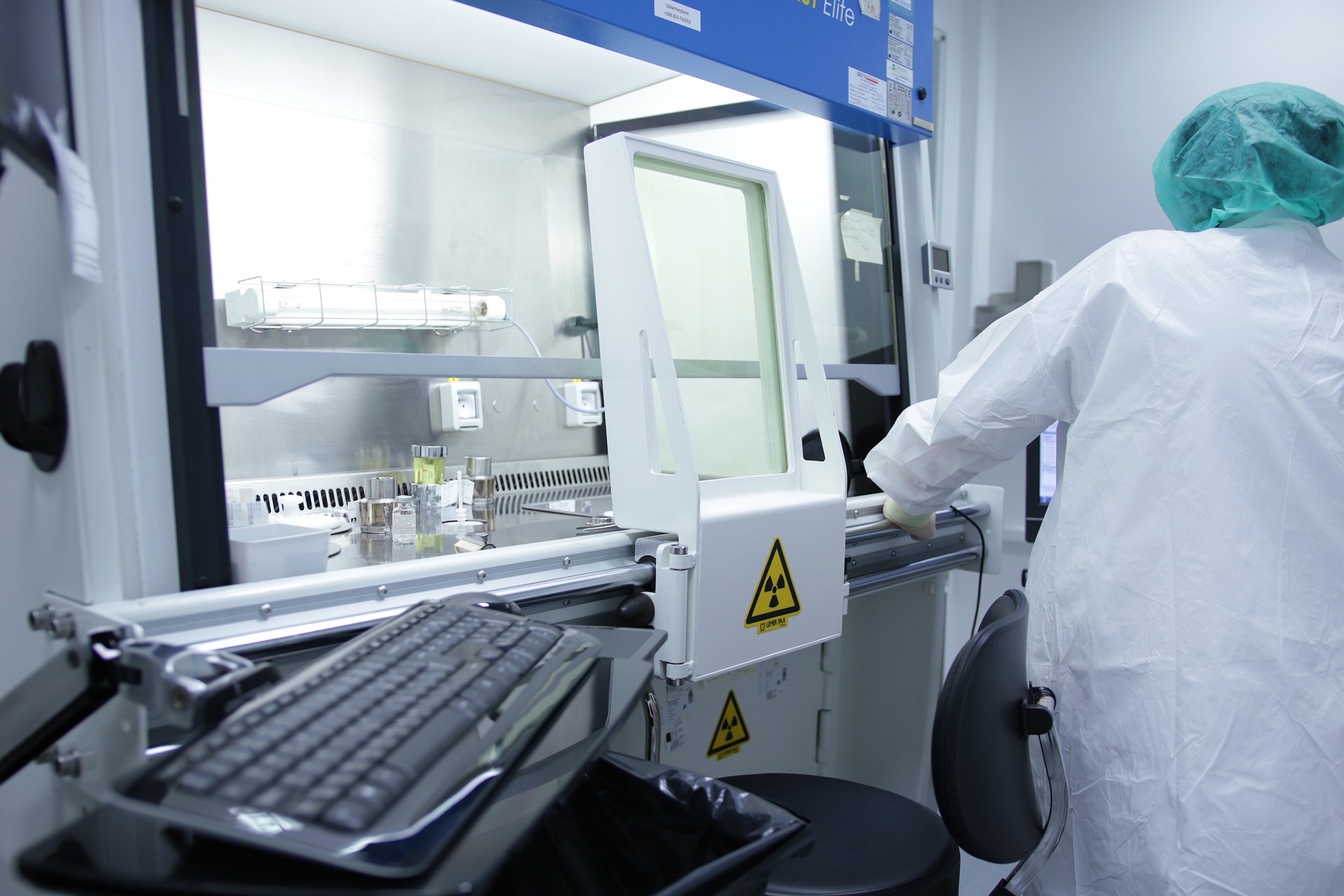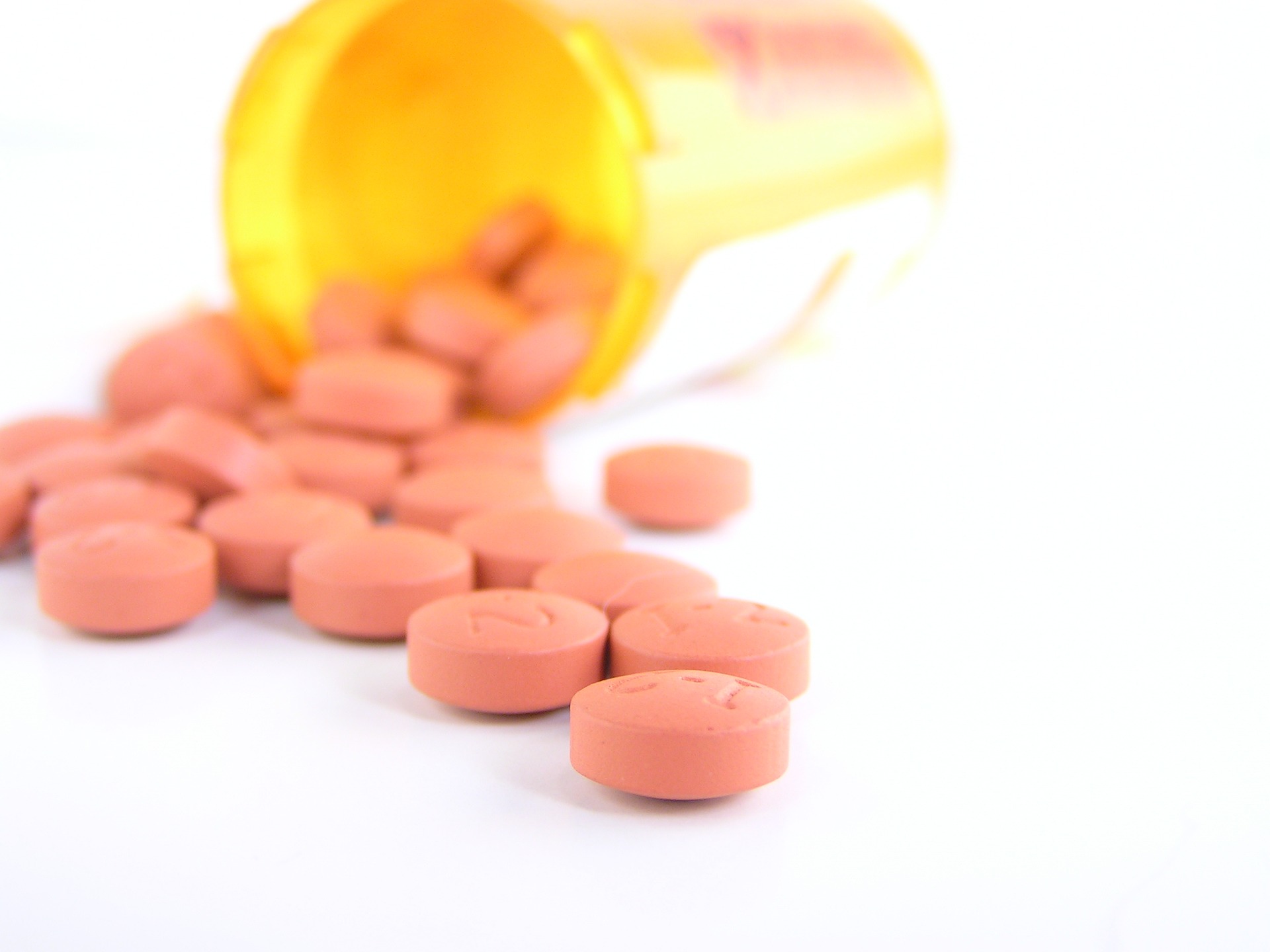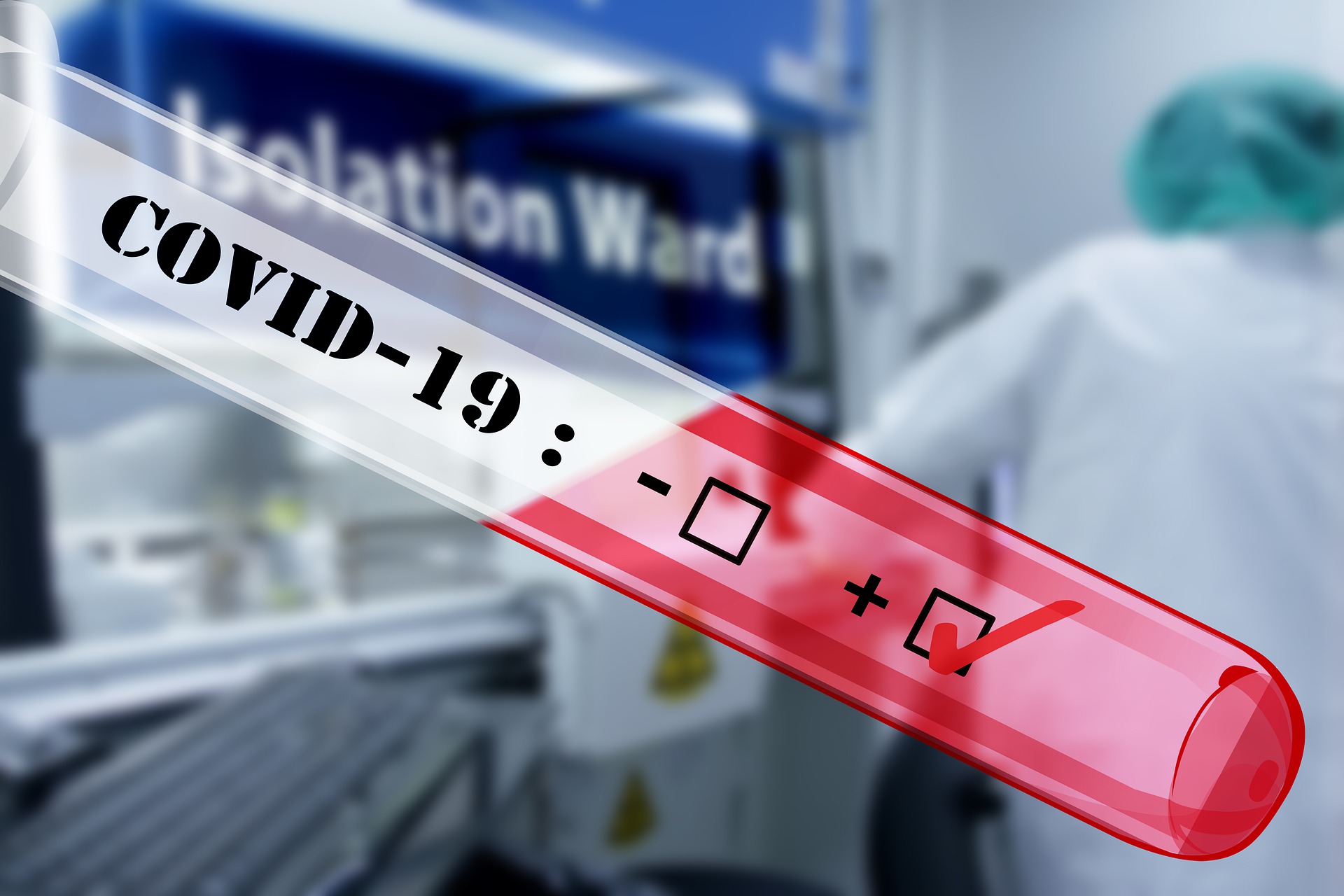Moderna Inc. has received fast-track approval from the US Food and Drug Administration (FDA) for its COVID-19 vaccine. The vaccine will enter Phase II testing, despite data from its Phase I trials not having been published yet.
Upon successful completion of the Phase II trials, the vaccine is anticipated to move into Phase III testing as early as the summer. The approval comes as the urgency for an effective vaccine for COVID-19 continues to grow. Over 100 different vaccines are currently being developed for COVID-19.
The experimental COVID-19 vaccine, mRNA-1273, was developed by scientists at the National Institute of Allergy and Infectious Diseases (NIAID), which is part of the US National Institutes of Health (NIH), in a collaboration with Moderna. Earlier last month, Moderna received $483 million in funding from the NIH to accelerate development of the vaccine. The vaccine is being tested in trials by the NIH.
In a press release from Moderna, Dr. Tal Zaks, chief medical officer at Moderna said, “Fast Track designation underscores the urgent need for a vaccine against the novel coronavirus.” He went on to say that, “As we await the full set of clinical data from the NIAID-led Phase I study, we are actively preparing for our Phase II and Phase III clinical studies to continue learning about the potential of mRNA-1273 to protect against SARS-CoV-2.”
The investigational vaccine is mRNA-based, which involves injection of fragments of viral mRNA, which is the genetic material of the virus that encodes for viral antigens. Once the antigens are produced in host cells, they stimulate the body to activate an immune response against the viral antigens by producing antibodies against it.
Related: Trials for a COVID-19 Vaccine Begin in the UK
mRNA-1273 is specifically designed to target the spike (S) protein antigen found on the surface of the SARS-CoV-2 virus that causes COVID-19 infection. It facilitates entry of the virus into host cells through binding and fusion to angiotensin-converting enzyme 2 (ACE2) on human host cells, which serve as functional receptors for the novel coronavirus. The S protein therefore play a key role in the initial steps of viral infection.
The vaccine contains a prefusion stabilized version of the S-protein and if successful, it would trigger the immune system to produce antibodies against it that would block binding of the virus to a host cell.
The Phase II studies will include 600 healthy volunteers divided into two age groups: those between 18-55 and the other half over 55 years old. They will be randomly assigned to receive either placebo or one of two doses of Moderna’s experimental vaccine. Participants will receive two shots of the vaccine – this is because early studies suggest that two injections might be necessary to kick-start the immune system to generate protective antibodies against the virus. The researchers will monitor the immune responses of the patients by following them for one year.
The Phase I clinical trial for the vaccine began in March at Kaiser Permanente Washington Health Research Institute (KPWHRI) in Seattle.
Back in March, Moderna had also struck a deal with the Swiss contract drugmaker company Lonza Group AG to accelerate production of the potential coronavirus vaccine. Together, under a 10-year agreement, they plan to manufacture up to one billion doses of the vaccine per year. Manufacturing of the first batch of doses is expected to begin at Lonza US in July.
Moderna is confident that its vaccine will prove to be effective against COVID-19. Having said that though, Moderna CEO Stephane Bancel hopes that US and international regulators approve several coronavirus vaccines from multiple different companies because global demand cannot be met by a single manufacturer.
During a CNBC Virtual Summit, Bancel said, “The odds that every program works are really low, obviously, but I really hope we have three, four, five vaccines, because no manufacturer can make enough doses for the planet.”












Join or login to leave a comment
JOIN LOGIN